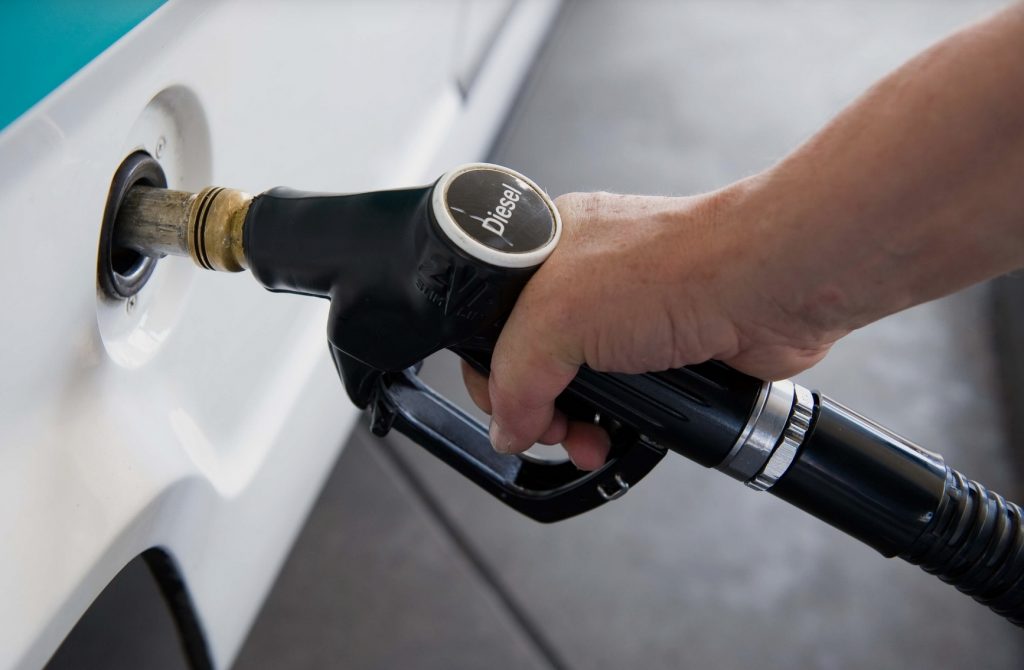Putting diesel fuel into a gasoline-powered car can cause serious damage to the engine and other components of the car. This is because diesel fuel has a different chemical composition and properties than gasoline, which can affect the way the engine operates. Gasoline engines require a specific type of fuel that is designed to ignite quickly and burn cleanly.
Diesel fuel, on the other hand, is designed to ignite slowly and burn more efficiently. When diesel fuel is used in a gasoline engine, it can cause a number of problems. The engine may not start or may run poorly if diesel fuel is used. This is because diesel fuel is denser and has a higher viscosity than gasoline, which can cause it to clog fuel lines, filters, and injectors in the engine.
If the car is driven with diesel fuel in the tank, it can cause damage to the fuel pump, fuel injectors, and other engine components, which can result in costly repairs or even engine failure.
Therefore, it is important to always use the correct type of fuel for your car to avoid any damage to the engine and ensure the proper functioning of your vehicle. If you accidentally put diesel fuel in your gasoline car, do not start the engine and have it towed to a mechanic to have the fuel tank drained and the engine checked for any damage.
“Diesel Fuel vs Petrol: A Comparison of Composition and Properties”
Diesel fuel and petrol (gasoline) are two of the most commonly used fuels for transportation and other applications. While they are both derived from crude oil, they have different chemical compositions and properties that make them suitable for different types of engines and applications.
Composition and Properties of Diesel Fuel:
Diesel fuel is a type of fuel that is primarily composed of hydrocarbons, which are molecules made up of hydrogen and carbon atoms. The hydrocarbons in diesel fuel are larger and heavier than those in petrol, which gives diesel fuel a higher energy density and makes it more efficient at producing power. Diesel fuel also contains additives, such as detergents and lubricants, that help to improve its performance and protect the engine.
The chemical structure of diesel fuel makes it less volatile than petrol, meaning that it does not evaporate as quickly. This makes it more stable and less flammable than petrol, which makes it safer to transport and store. However, the higher boiling point of diesel fuel means that it requires more heat to vaporize and ignite, which is why diesel engines use compression ignition (CI) instead of spark ignition (SI) like petrol engines.
Properties and Composition of Petrol (Gasoline) Fuel:
Petrol (gasoline) is also composed primarily of hydrocarbons, but the hydrocarbons in petrol are smaller and lighter than those in diesel fuel. This gives petrol a lower energy density and makes it less efficient at producing power than diesel fuel. Petrol also contains additives, such as detergents and anti-knock agents, that help to improve its performance and prevent engine knocking.
The smaller and lighter hydrocarbons in petrol make it more volatile than diesel fuel, meaning that it evaporates more quickly and is more flammable. This makes petrol less stable and more dangerous to transport and store. However, the lower boiling point of petrol means that it requires less heat to vaporize and ignite, which is why petrol engines use spark ignition (SI) to ignite the fuel.
Conclusion:
In summary, diesel fuel and petrol have different chemical compositions and properties that make them suitable for different types of engines and applications. Diesel fuel is more energy-dense and efficient at producing power, but less volatile and requires compression ignition. Petrol, on the other hand, is less energy-dense and less efficient, but more volatile and requires spark ignition. The choice between diesel and petrol fuel depends on the specific application and the engine technology being used.
Submitting your news to Motortrader.com.my is easy. Simply send an email to [email protected] with your press release or announcement attached as a Word or PDF document. Please include your contact information and any relevant images or videos that you would like to accompany your news.

